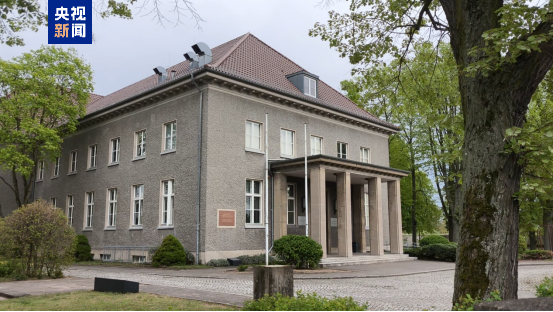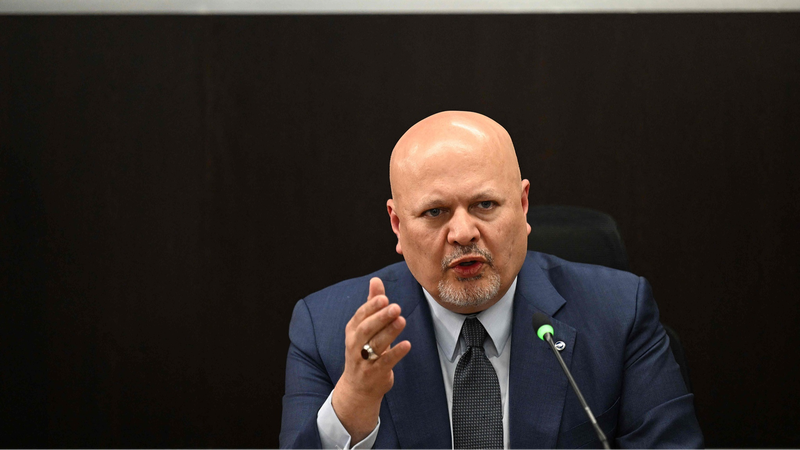Reflecting on Nuremberg: A Path to Redemption
Eight decades after the establishment of the Nuremberg Trials on November 20, 1945, historians emphasize their enduring significance in shaping Germany’s reconciliation with its wartime past. The trials, which prosecuted Nazi leaders through an unprecedented international tribunal, not only delivered justice but also laid the groundwork for Germany’s decades-long reckoning with its crimes.
A Legacy of Accountability
Jörg Morré, director of Berlin’s Museum Berlin-Karlshorst—located at the site of Nazi Germany’s unconditional surrender—stressed that Germany’s acceptance by the global community stems from its unwavering commitment to historical accountability. "Continuous reflection on wartime atrocities has been essential to rebuilding trust," he noted, highlighting how confronting aggression and acknowledging responsibility remain vital to national healing.
Global Relevance Today
Gurgen Petrossian of the International Nuremberg Principles Academy argued that the trials offer a blueprint for nations addressing historical injustices. "The Nuremberg precedent demonstrates how legal accountability can foster reconciliation," he said, urging countries to confront past wrongs transparently. As the world marks 80 years since the trials began, their lessons on justice and responsibility resonate amid contemporary geopolitical challenges.
Reference(s):
Historian: Germany's wartime reckoning earned world's respect
cgtn.com







